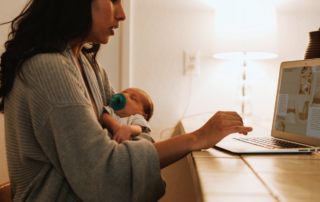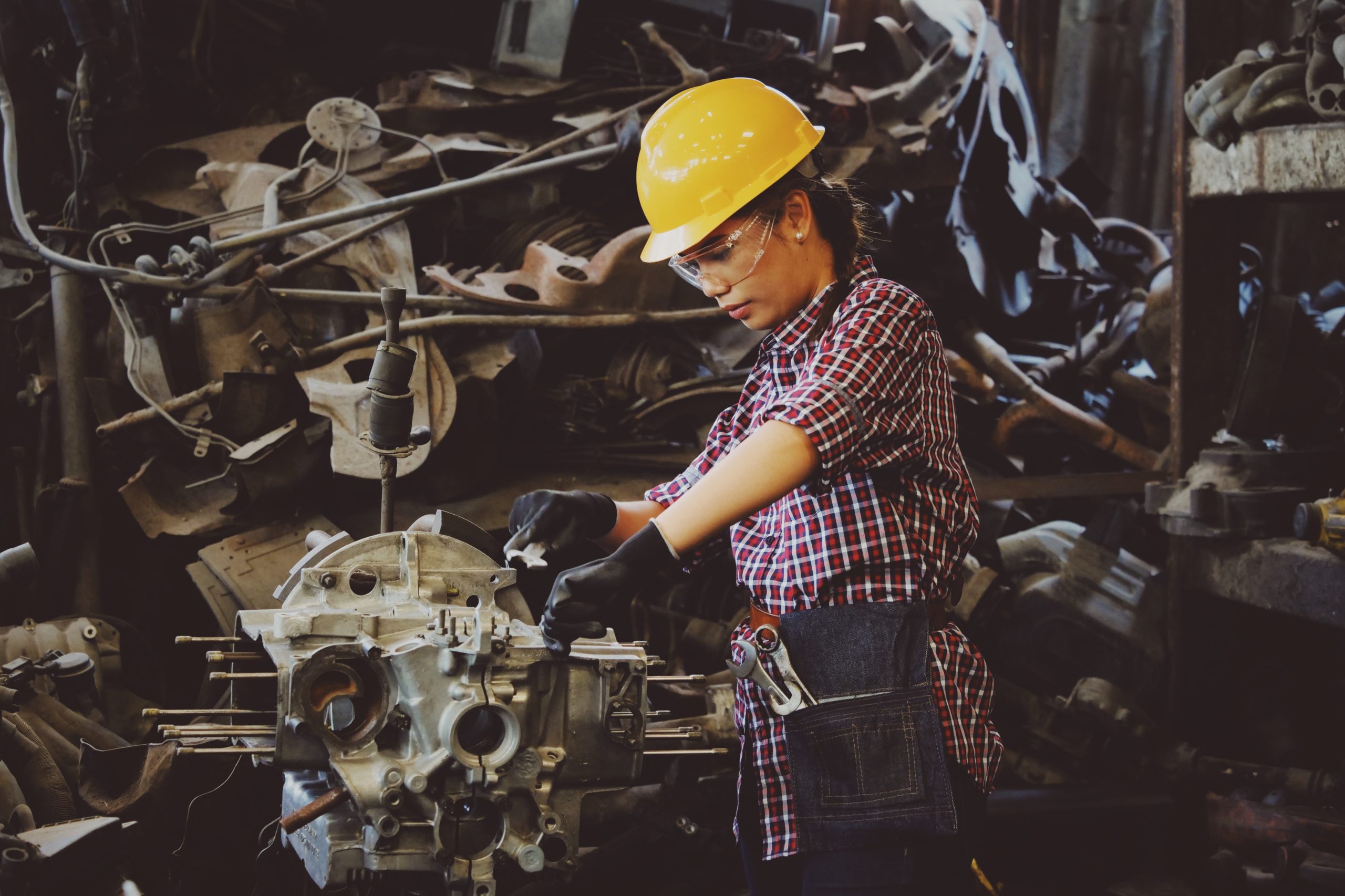
About Tanima Ahmed
IWPR Doctoral Fellow in Gender Policy Analysis in Economics
Tanima Ahmed is currently a Ph.D. candidate in Economics at American University. She also works as a research fellow at the Institute of Women’s Policy Research and a consultant at World Bank Group. Her research covers development topics, such as labor supply, time use, collective bargaining and unionization, the wage gap, culture, gender, poverty, household well-being, eldercare, childcare, paid family leave, agriculture, and monetary economics. So far, Tanima has studied the development issues of Bangladesh, India, South Africa, and the US. Her dissertation covers topics on gender and development – the impact of child grants on time use of single parents in South Africa, the measurement of eldercare in the US, and pro-girl attitudes of mothers and childhood stunting in India. Tanima’s research has been published in journals like the World Development (conservatism and female well-being in Bangladesh) and the Journal of Development Areas (monetarist and structuralist controversy in determining inflation in Bangladesh). Prior to joining the Ph.D. program, she has also worked in various research institutes and has experience with proposal writing, survey designs, field surveys, and data analysis. Her research interests include development, gender, finance and banking, and labor economics.




